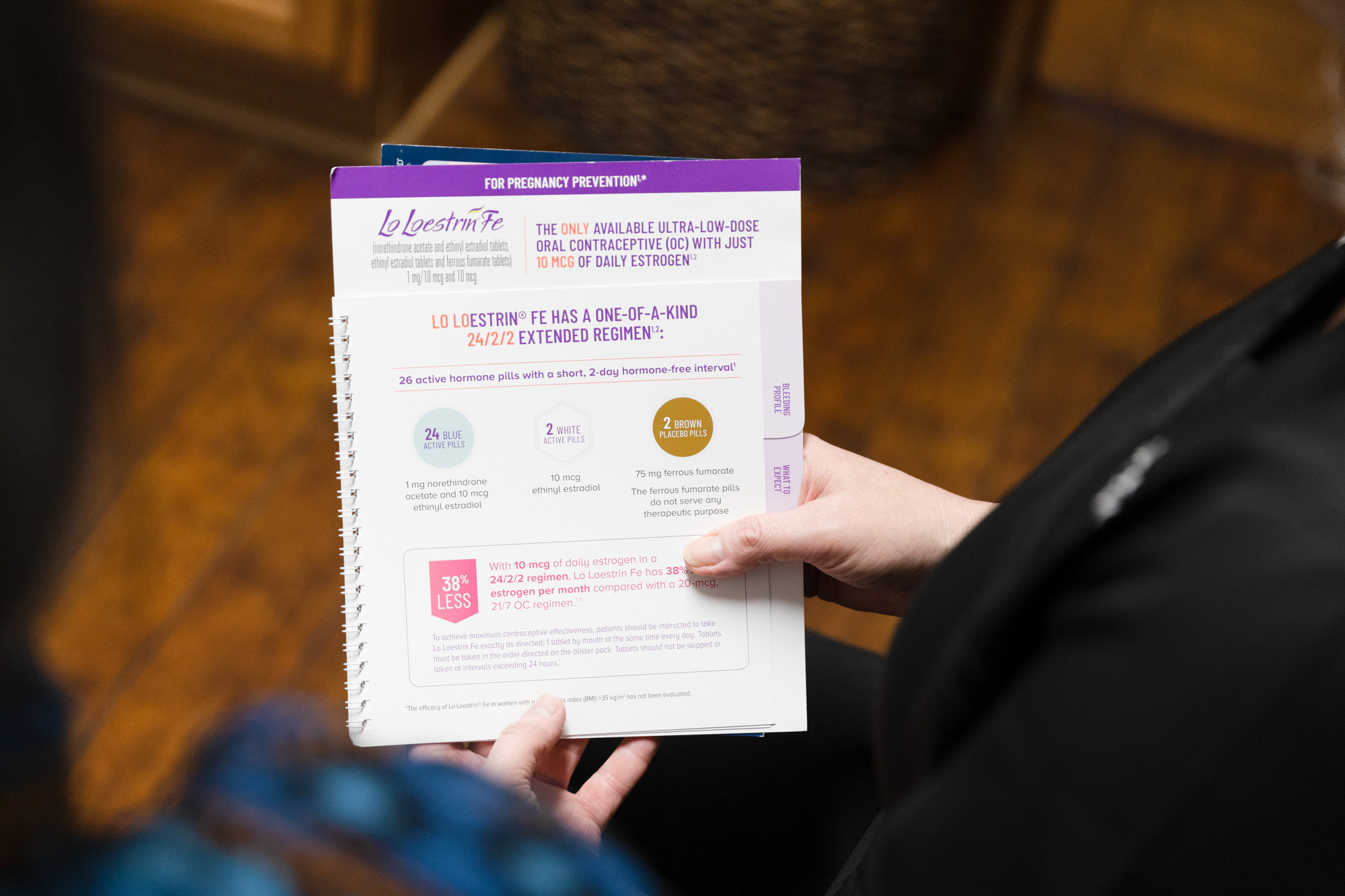When you’re not ready to get pregnant or need to regulate your cycle, improve bleeding or help with cramps, birth control provides hormonal control. Our providers can help you choose a method that suits your lifestyle and preferences.
The list of birth control options is continually growing as we make new advances in science and medicine. Having such variety provides a lot of freedom for meeting your individual needs, whether you’re looking for hormonal or non-hormonal, internal or external, or a permanent birth control solution.
Our providers will ask about your health, risk factors, sexual experiences, and personal preferences before recommending or prescribing a specific birth control regimen in Mansfield, TX.
Birth Control in Mansfield, TX
Details
Prescription Options for Birth Control
Oral contraceptives
Birth control patch
Diaphragms
Nexplanon implant
Intrauterine devices (IUD)
Depo-Provera shot
NuvaRing
Permanent tubal ligation
Emergency Contraceptives
Over the counter Plan B
Copper IUD
Non-prescription birth control
Condoms
Spermicide
Sponge
Diaphragm
Natural family planning
Benefits of Birth Control in Mansfield, TX
01
Safe
Birth control provides a safe method for preventing unwanted pregnancy and can reduce the potential for sexually transmitted infections.
02
Effective
When used as directed, birth control effectively reduces the likelihood of unintended pregnancy. Some patients use combined prescription and non-prescription methods to increase their effectiveness further. Birth control hormonal regulation is also an effective way to regulate the cycle and decrease flow and cramping.
03
Customizable
Based on your goals, lifestyle, and health, your provider can work with you to find the best birth control method for you.
The Birth Control Process
What to Expect?
01
Consultation
When you visit us at Premier Women's Health for birth control in Mansfield, TX, our providers will provide a consultation. They'll ask questions about your current methods, your health, and your sexual activities before making a recommendation. In some cases, as with hormonal pills, birth control can be used to treat issues like acne and irregular periods, not just to prevent pregnancy.
02
Choosing Your Method
There are several factors to consider when choosing your birth control method. Are you able to remember to take a daily pill? How well does this method prevent STDs? Do you want hormonal birth control? Do you have contraindications for use of any of the types of birth control? Do you plan to have children in the future, and when? How effective is the method overall? Your provider at Premier Women's Health can help you talk through these and more questions.
03
Next Steps
We will answer any questions you have, give you instructions on the best ways to maintain the effectiveness of your birth control, and assist you in scheduling any follow-up appointments you might need.
Frequently Asked Questions
Can I still get pregnant while on birth control?
Yes, while birth control is highly effective, there is a small chance that you can still get pregnant.
When does birth control start working?
Depending on your method for birth control in Mansfield, TX, you can be protected from pregnancy right away. Some hormonal birth control methods take about 1 week to be effective, others take longer. Be sure to ask your provider about your chosen method.
Are there side effects from taking birth control?
Some patients can experience mild side effects from birth control, though these usually resolve with time. Your provider can work with you to find a birth control solution that keeps you comfortable.

Get Started
Please call the office today and schedule a consultation for your birth control or cycle issues.

